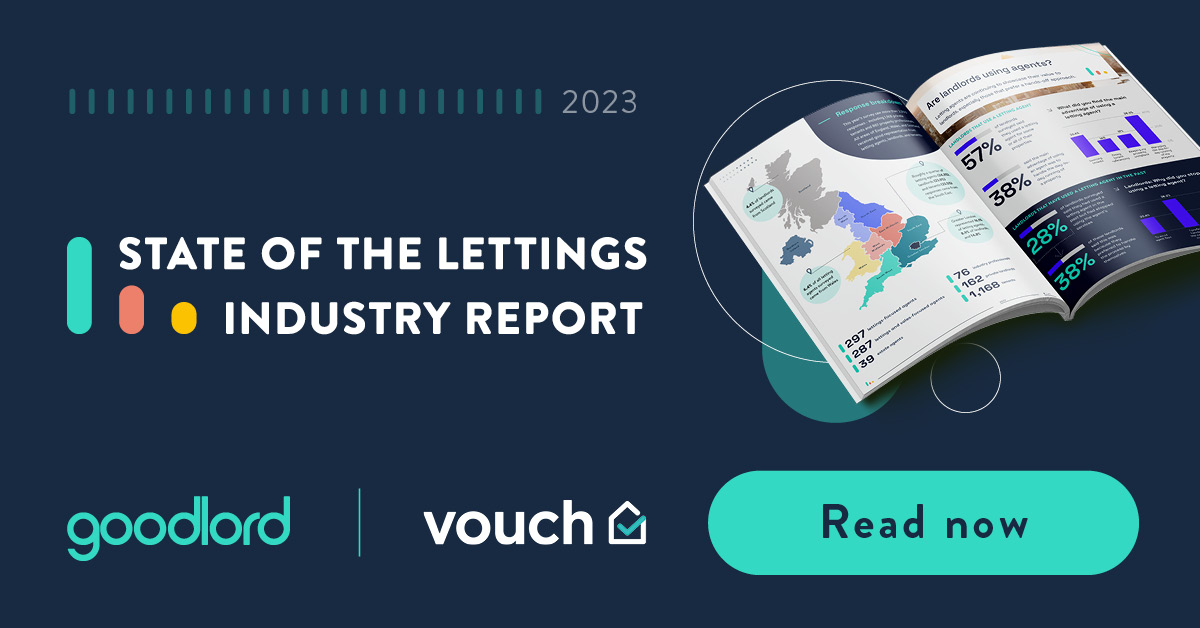Days
Hours
Minutes
Seconds
May 1 2026 - Renters' Right Act Commencement Day
You have 0 days to:
Serve any final Section 21 notices
Stop accepting above-asking rent offers
Prepare for the rental bidding ban
Remove “No DSS” from adverts
Remove “No Children” from listings
Show one clear rent price
Stop using fixed-term agreements
Switch to periodic tenancy templates
Check which tenancies go periodic
Stop taking rent before signing
Take no more than one month’s rent
Move all evictions to Section 8
Train staff on new notice rules
Create Section 13 process flow
Add two months to rent reviews
File court claims for Section 21s
Update landlord move-in grounds
Update landlord selling grounds
Send the RRA Information Sheet
Create written terms where missing
Update How to Rent processes
Review tenant screening questions
Update pet request processes
Stop backdating rent increases
Discuss rent protection backbooks
Act now before it is too late...
When will claims and possession proceeding timelines return to normal?
The claims to repossession process is still taking longer than normal so here's when we can expect these to return to pre-pandemic levels and what your agency can put in place to help your landlords and tenants.
Leanne McCarthy
Oct 26, 2021
The impact of Covid-19 on the lettings industry - from lockdown when movement was limited to an eviction ban and extended notice periods ensuring that tenants stay in their homes - is undeniable. However, the question now to be answered is how long this impact will be felt.
Notice periods and new claims made
For notice periods, there's some good news, at least for landlords with tenants in arrears. Until June 2021, notice periods were set at six months for most cases but from 1 June those restrictions were gradually lifted until returning to pre-pandemic levels on 30 September.
You would be forgiven for thinking that, with notice periods returned to normal and evictions allowed, possession proceedings would resume at their previous rate. We're not there yet but there are positives to take from the latest data.
The government's latest statistics show that, although landlord possession actions in Q2 2021 increased against the same quarter in 2020, they're still lower than the pre-Covid-19 period, across claims, possession orders, warrants, and repossessions. This suggests that the government's measures to help keep tenants in homes, from mediation to the eviction ban, worked. That's good news, with a limited number of new claims being added to the pile to clog up each stage in the courts.
Possession proceeding delays
However, the freeze on possession proceedings still had an impact, with claims not progressing leading to a backlog - and has extended how long it takes to repossess a property. The time from claim to repossession was just under 15 months on average for Q2 2021 - up from under 5 months in Q2 2019.
That means a potential 15 months or more until your landlord gets their property back. Nightingale Courts - additional venues created to free up space in the court system for more hearings - will be in place until April 2022 to help support this backlog but that doesn't mean repossession timelines will be back to normal by then.
Dominic Raab, Secretary of State for Justice, has shared that, although he can't give an exact timeline for the caseload to return to normal, it will be reduced "within six to 12 months."
Keeping the rent flowing
So, we're currently working to a timeline of six to 12 months for cases to return to normal - but if your landlord's claim is already tied up in that system, they may still experience quite a wait before they get their property back, with the average claim to repossession timeline of at least 15 months.
How can you support your landlords and tenants throughout this time? Goodlord's State of the Lettings Industry Report 2021 shows that 7.5% of tenants surveyed felt that their income wasn't secure, suggesting that higher arrears are likely to continue in the near future. Agents can of course offer their landlords a rent protection service, to help protect that income if their tenants are unable to pay their rent. In fact, Goodlord's research shows that almost two-thirds of the letting professionals surveyed are now offering a rent protection service to their landlords. In some cases, this protection can cover landlords until they regain possession of their property.
Some providers can also offer mediation, which could prove useful now the Rental Mediation Pilot has come to a close. As it looks like extended court processes will be with us for a while, you'll need to continue to work closely with your tenants and landlords in the interim to understand their situation, advise of any funding available, and set up payment plans, to try to make it as smooth a process as possible for all involved.
Want the latest lettings new delivered straight to your inbox every week? Sign up to our mailing list and stay up to date.






